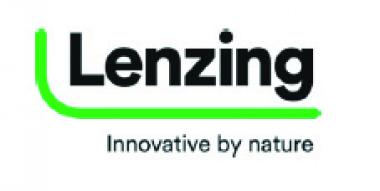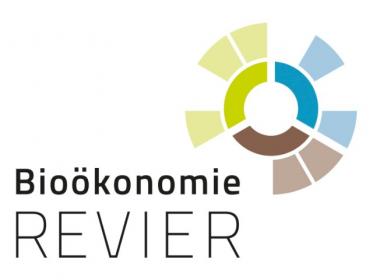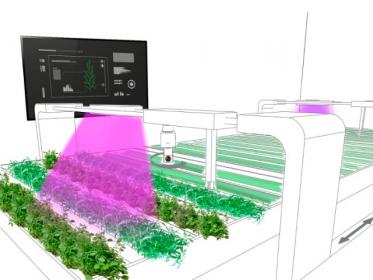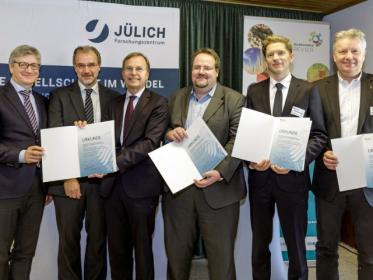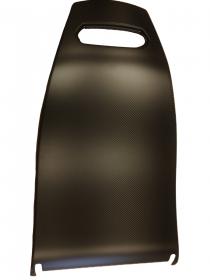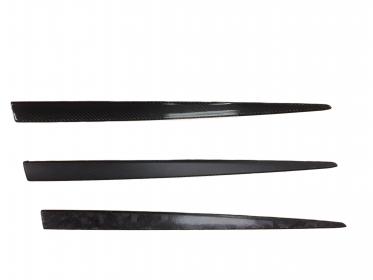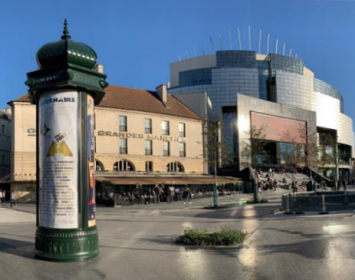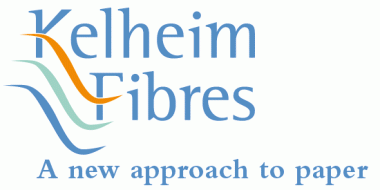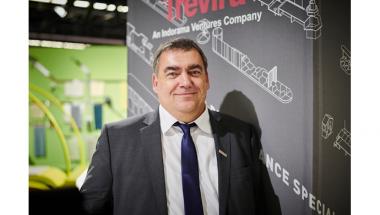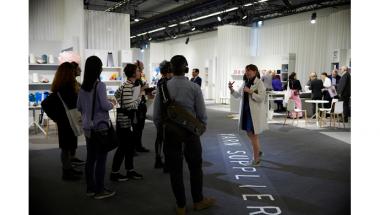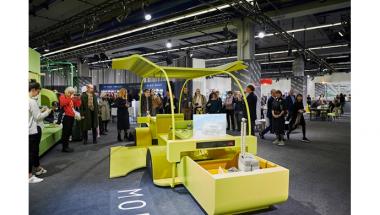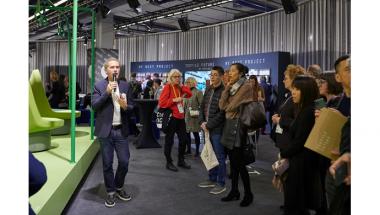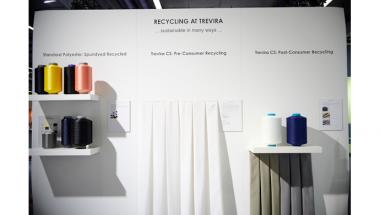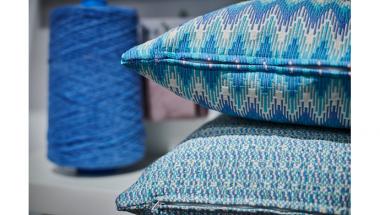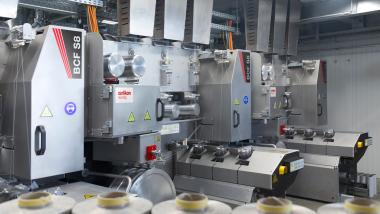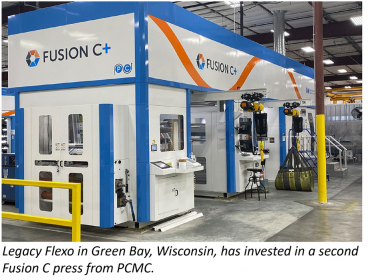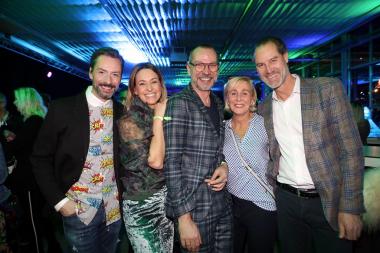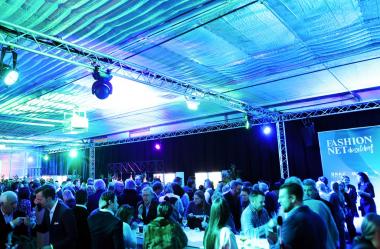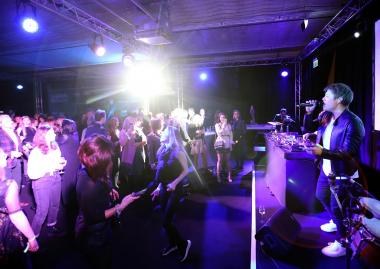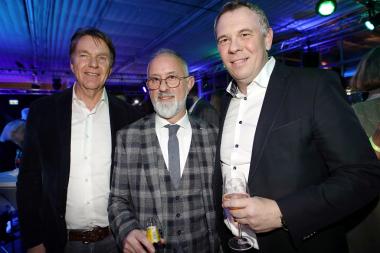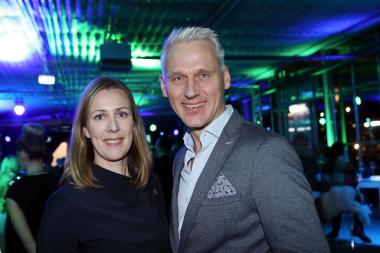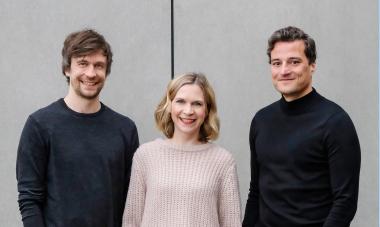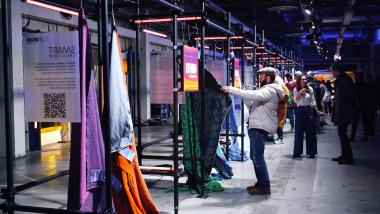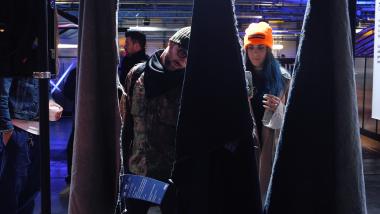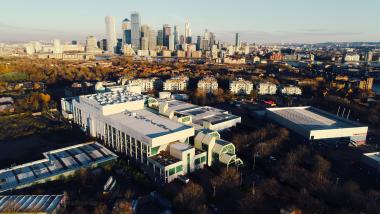Second pilot plant completed for TENCEL™ Luxe filament yarn
The Lenzing Group completed the second pilot production plant announced in May 2018 for its innovative filament yarn TENCEL™ Luxe. Construction of the facility at the Lenzing site involving investments of EUR 30 mn could be concluded on schedule and within budget after 20 months of intensive work. The new pilot production line, which was put into operation in the middle of December 2019, gives Lenzing sufficient capacity for commercial programs and further application development.
Innovation in the eco-couture segment
Thanks to TENCEL™ Luxe, Lenzing is able to embed the issue of sustainability in the premium luxury market in combination with superior aesthetics. The properties of the fine filament yarn can be compared to those of silk due to its airy feeling on the skin and the matte finish. At the same time, TENCEL™ Luxe also stands out because of its extensive strength and high level of environmental compatibility. It is perfectly suited for very fine fabrics and as a blending partner for silk, cashmere and wool. “TENCEL™ Luxe opens up new markets for Lenzing and thus contributes to the successful implementation of their sCore TEN corporate strategy.
Lenzing Group


